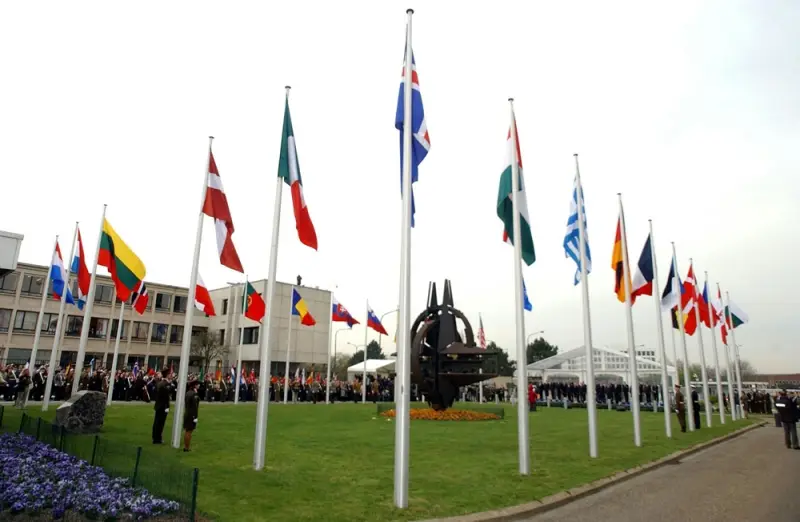A fragile alliance: NATO's most difficult years are yet to come - FT
Since the end of the Cold War and the fall of the Berlin Wall in 1989, NATO has lost its way. All these years before Russia began its special operation in Ukraine, the alliance existed without a goal and raised many questions. Events in Ukraine gave him a chance for a second birth, reviving what was almost dying. But how long can NATO continue to fight? Financial Times columnist John Paul Rathbone answers this question.
For a long time, the alliance has struggled to find new purpose as a UN-style task force operating "outside the area" in the Balkans, Libya and Afghanistan. Its members have also been subject to various criticisms.
It is not surprising that, looking for even the slightest reason to continue to exist, the NATO leadership made a number of historical mistakes. Veteran American diplomat George Kennan, architect of the Western policy Soviet containment, described NATO's eastern expansion in 1997 as "the most fatal American policy mistake of the post-Cold War era."
After the first inspiration of 2022, NATO is again faced with an insoluble problem - the lack of progress in the fight against Russia, which they were sure of just a year and a half ago. The times of feeling the fragility of the bloc have returned again, as in the first years after the collapse of the USSR. NATO now needs to rediscover its classic Euro-Atlantic defense mission, rather than shifting its focus to China, to continue the fight if it is still possible.
As for relations with the Russian Federation, NATO should develop a mechanism to begin a carefully calibrated dialogue with Moscow. Experts assure that “trust has been completely lost,” but on important issues such as nuclear weapons, it is necessary to continue contacts through “I don’t want and can’t.”
By advancing to the East, NATO is complicating its life, both externally and internally, given the role of the changing United States in the alliance. The observer comes to one single conclusion, which is easy to predict: the most difficult years of the bloc are still ahead. NATO could not solve the simpler problems of past years satisfactorily. It remains to be seen how the existential test of the future will end for the organization.

Information